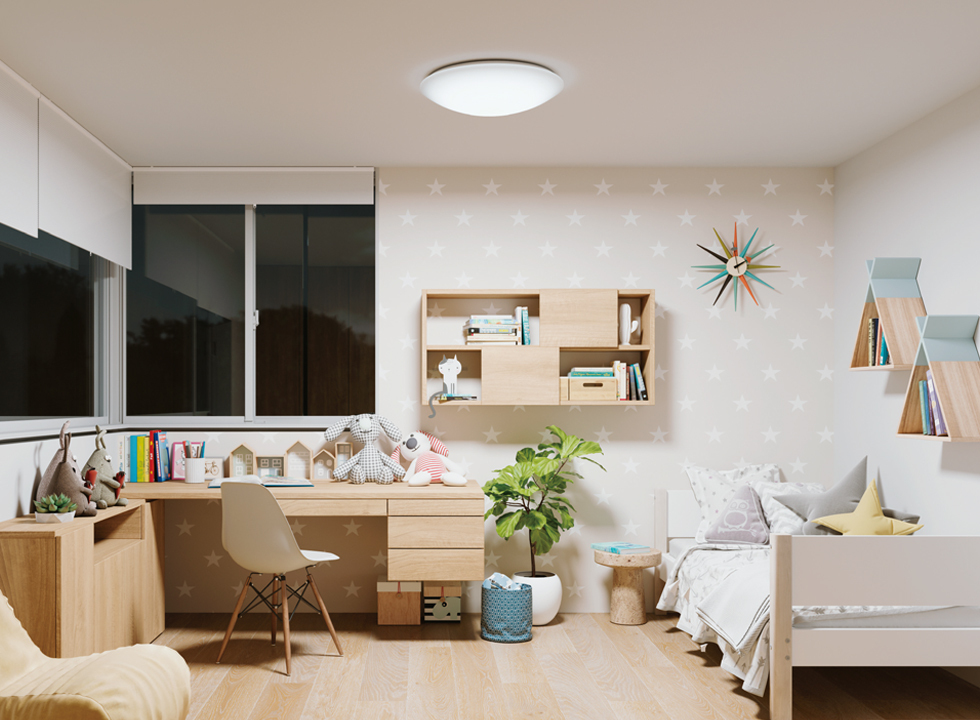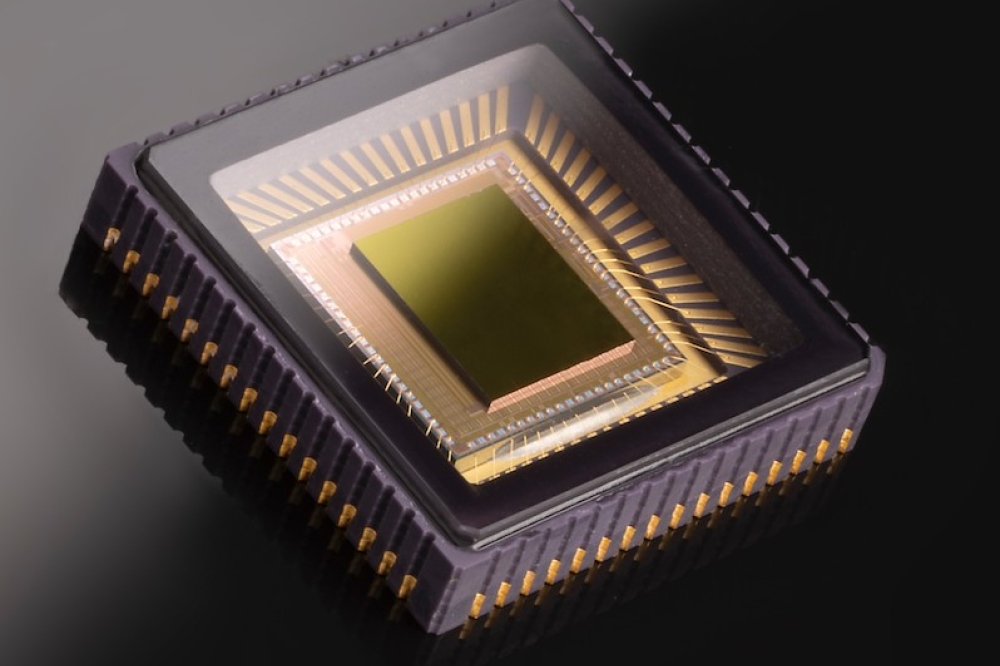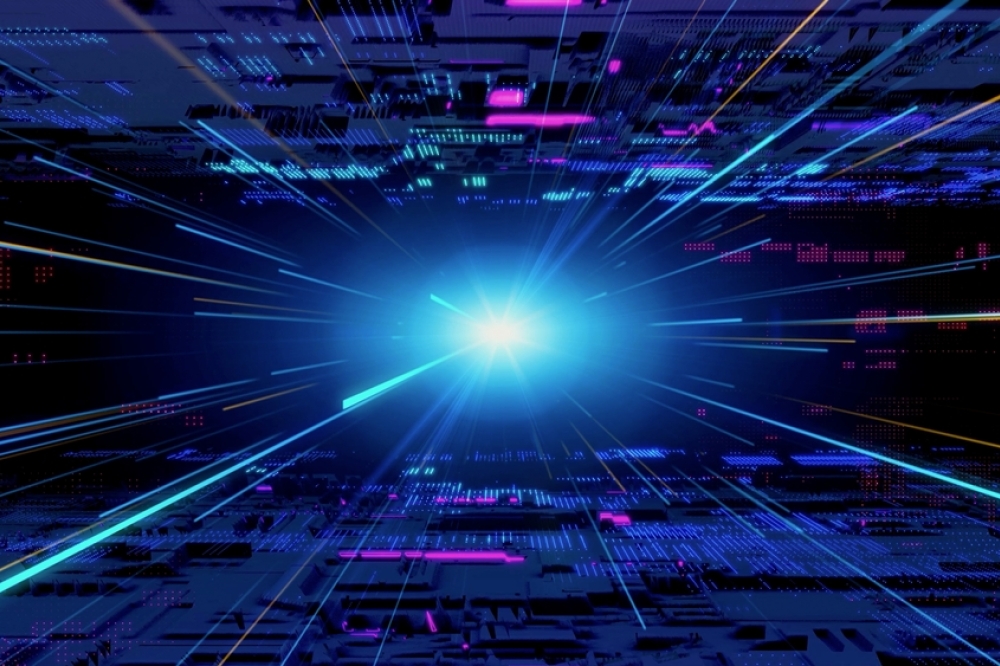Seoul Semi SunLike LEDs adopted by Koizumi

Traditional Japanese brand uses natural spectrum LEDs for children’s room lighting to support learning and concentration
Seoul Semiconductor has announced that its SunLike Series natural spectrum LEDs have been adopted by Koizumi Lighting Technology, a traditional Japanese lighting company, for use in lights for children’s rooms and living rooms. SunLike Series natural spectrum LEDs are optimised to support healthy circadian rhythms based on natural sunlight, under which all animals and plants on the earth have evolved over 3.9 billion years.
In designing their children’s room lighting systems, Koizumi has adopted the SunLike Series natural spectrum LEDs, which have been recognised as an innovative technology that produces light that closely matches the spectrum of natural sunlight by a of total ten global lighting awards held in Korea, Europe, China, and US.
According to Seoul, the SunLike Series LEDs have three beneficial effects in contrast to conventional LEDs: Better Eye Health – protection from myopia in children; Better Study – support for students’ learning and concentration; and Better Sleep – improvement in sleep quality. Based on the results of a comprehensive sleep study conducted by Christian Cajochen and his colleagues at the University of Basel in Switzerland, LED light sources with the same measured intensity and correlated colour temperature (CCT), but different spectral output, can have different effects on human behaviour and physiology. The study, published in the Journal of Lighting & Research Technology on March 24, 2019, found “evidence that a daylight [natural spectrum] LED solution has beneficial effects on visual comfort, daytime alertness, mood, and sleep intensity in healthy volunteers.”
According to the results of a study done by the Bio-Information Laboratory of Seoul National University Hospital in July of 2018, SunLike Series natural spectrum LEDs have been shown to reduce eye discomfort and improve sleep patterns.
In addition, Michael W. Young, Jeffrey C. Hall, and Michael Rosbash, the recipients of the Nobel Prize in Physiology or Medicine in 2017, discovered the molecular mechanism of circadian rhythm, which governs biological clock based on a 24-hour cycle that regulates sleep, eating behaviour, and metabolism.
Improved sleep has recently has become more important in the midst of the COVID-19 pandemic. Various studies show that high sleep quality can boost immunity, enhancing the ability to resist a particular infection or toxin.
“Our SunLike Series natural spectrum LEDs are an advanced technology that has achieved the highest level of eye safety certification from the International Commission on Illumination as a safe light source with no photo-biological risks. In particular, it helps improve eye comfort and concentration for children,” said a representative at Seoul Semiconductor.
Introduced in June 2017, the SunLike Series natural spectrum LEDs are an advanced light source that combine the latest optical and compound semiconductor technology of Seoul Semiconductor with Toshiba Materials’ TRI-R technology. TRI-R, supported by Toshiba Materials, finds in the definition “The light closest to the sun for human well-being” its original concept. The sunlight spectrum is developed by the same company and can be reproduced by a white LED light source technology. TRI-R is a registered trademark by the Toshiba Materials.


































